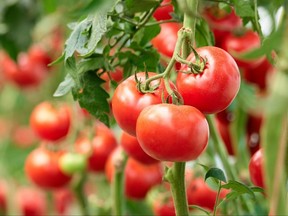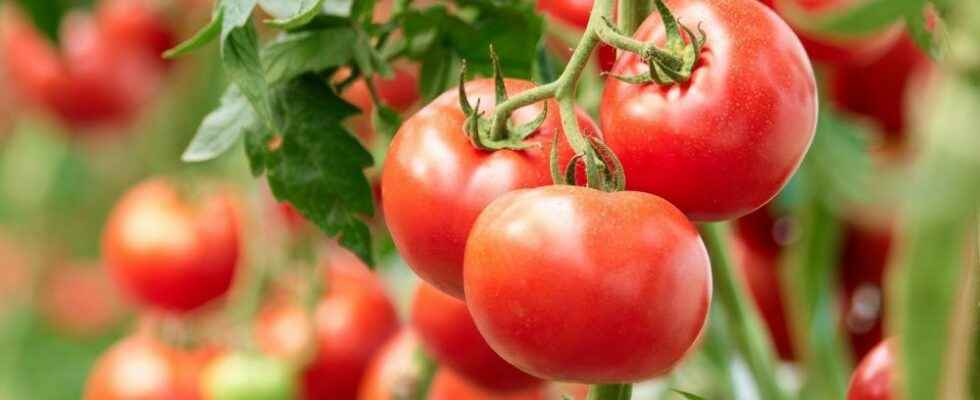When food banks in the London region made an urgent call for donations ahead of the holiday season, Donna Lunn and her team ramped up their efforts to help.

When food banks in the London region made an urgent call for donations ahead of the holiday season, Donna Lunn and her team ramped up their efforts to help.
Lunn is the founder of Harvest Bowl, a volunteer-run agency dedicated to reducing food waste by gleaning vegetables from farmers’ fields and converting them into dried soup mixes. The mixes are sent to shelters and food banks in London, St. Thomas and Elgin, Oxford and Middlesex counties.
“This year, because the food banks were calling earlier, we’ve upped our game, and we said we would do 5,000 complete soup mixes,” she said, referring to the fiscal year from that started in March, 2022.
Already, the agency is on track to exceed its target.
In the week leading up to Christmas, Harvest Bowl distributed 2,700 soup mixes to shelters and food banks throughout the region. The bulk of them — about 1,000 — went to the London Food Bank, Lunn said.
Those donations are on top of the 1,000 soup mixes distributed during the summer and into the fall. “So, we’re well on our way to being able to donate 5,000 by the late spring,” Lunn said.
-

St. Thomas food bank demand hits all-time high as donations slip
-

Food bank eyes trail-blazing pact with huge affordable housing project
Harvest Bowl operates out of the South Dorchester Community Hall in Malahide Township, an Elgin County community southeast of London, where it collects, cleans, and dehydrates gleaned vegetables. The non-profit, launched in 2018, is volunteer-driven and has grown to include dozens of partners, including more than 10 food banks, from the London area and as far as Guelph.
The soup mix recipes are made in collaboration with a nutritionist, while the University of Guelph helps create the labels for the packages. The agency also invites volunteers from area churches and youth and school groups to help dehydrate the vegetables, a process completed in a tobacco kiln.
The fuel for the dehydrator is donated, too, Lunn said. “It’s truly become a community project.”
Lunn sees her group’s efforts as a solution not only to address food waste but to help people struggling with food insecurity.
When the agency began, one in 10 households in Elgin County was food insecure, meaning residents could not access sufficient food due to financial constraints, said Lunn, adding the need for more healthful, accessible food options continues to grow.
Reception has been so positive Harvest Bowl recently started selling its soup mixes at an Aylmer farm.
“We started a little social enterprise because people wanted to buy the soup (mix),” she said.
So far, the non-profit has made $4,000, money Lunn said will be used to buy spices for future soup mix donations.
While Lunn eyes further expansion of the non-profit, she hopes to stay as sustainable and local as possible. But more than that, she wants others to take up similar initiatives.
“We would rather go down the road of train-the-trainer and share the model, and then local communities can start using their own assets for that,” Lunn said.
“It’s community solutions for community challenges.”
The Local Journalism Initiative is funded by the Government of Canada
